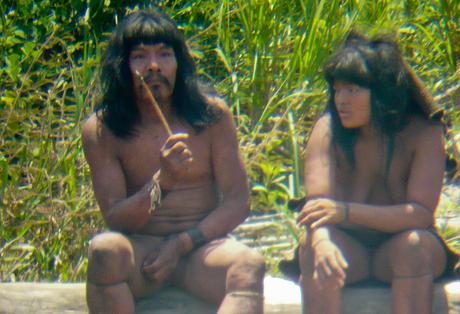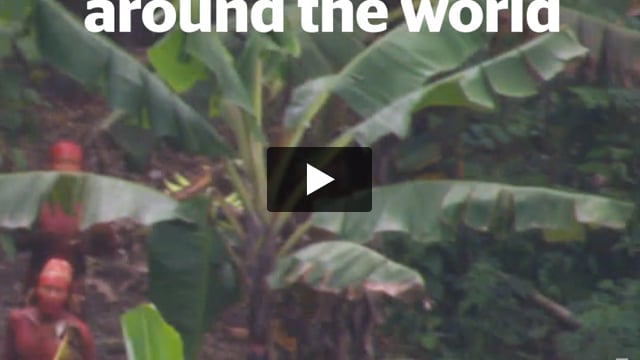Uncontacted tribes’ rights recognized in Peru's historic land pledge
April 5, 2018
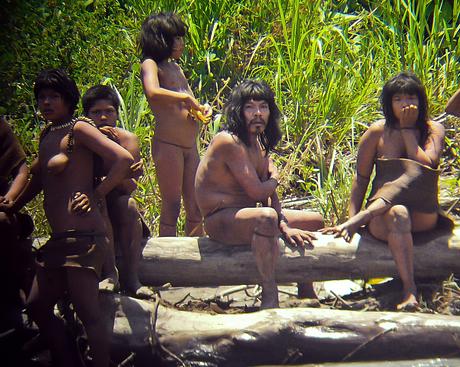 © Jean-Paul Van Belle
© Jean-Paul Van BelleThis page was last updated in 2018 and may contain language which is now outdated.
Peru is to create two Amazonian reserves for the protection of uncontacted tribes , covering more than 2.5 million hectares. At least seven distinct groups of uncontacted tribes, including Matsés Indians, are known to be living in the areas comprising the new Yavari Tapiche and Yavari Mirin reserves in Peru’s NE Amazon state of Loreto.
The remote region has been under intense pressure from oil exploration, logging and a proposed road that could wreak devastation on the tribes. Those wishing to exploit the area’s natural resources have long denied the existence of tribes living in these forests, whose presence would obstruct their plans.
However, the Peruvian government has not ruled out further oil exploration and has taken over two oil concessions inside the new Yavari Tapiche and Yavari Mirin Reserves. Survival International, the global movement for tribal peoples, and the only organization fighting worldwide to stop the extermination of uncontacted tribes, has written to the government, along with thousands of supporters, calling for a total ban on all resource extraction in the reserves and for the two existing oil blocks to be canceled.
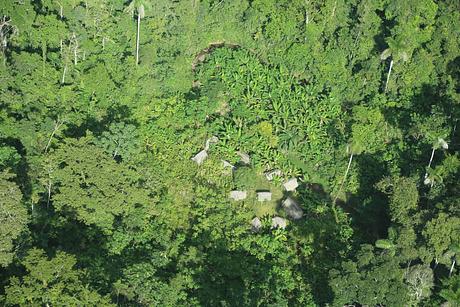 © Melissa Medina/ IBC/ ORPIO
© Melissa Medina/ IBC/ ORPIO
The reserves are crucial to the future survival of the uncontacted tribes, who face catastrophe unless their land is protected. Whole populations are being wiped out by violence from outsiders who steal their land and resources, and by diseases like the flu and measles to which they have no resistance. Entire groups can be rapidly decimated.
A Matsés man told Survival International: “Life before contact was incredible. Our uncontacted brothers still live in the forest. They live like we did before. Because the uncontacted people are out there, we want the government to protect the land.”
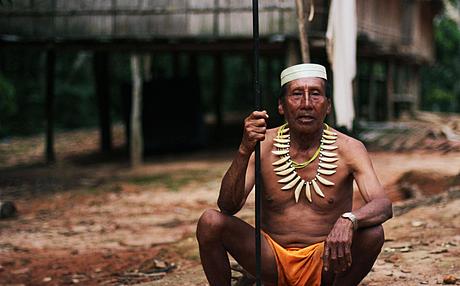
Survival International’s Director Stephen Corry said: “Though we welcome the creation of the Yavari Tapiche and Yavari Mirin Reserves, the Peruvian government’s refusal to ban all resource extraction is a serious concern. Uncontacted tribes are the most vulnerable peoples on the planet. They’re our contemporaries and a vitally important part of humankind’s diversity.”
The creation of the two new protected areas in Peru follows years of intense campaigning by Indigenous peoples and their supporters. However, three more proposed reserves are still awaiting formation. The longer the government delays the creation of protected areas, the greater the threat to the tribes who live there.
Background Information:
- Uncontacted tribes are tribal peoples who have no peaceful contact with anyone in the mainstream or dominant society. These could be entire peoples or smaller groups of already contacted tribes.
- Some may have been in touch with the colonist society in the past, and then retreated from the violence which that brought. Some may once have been part of larger tribal groups, and split off and moved away, fleeing contact.
- Uncontacted tribes are not backward and primitive relics of a remote past. They are contemporary societies and where their rights are respected, they continue to thrive.


